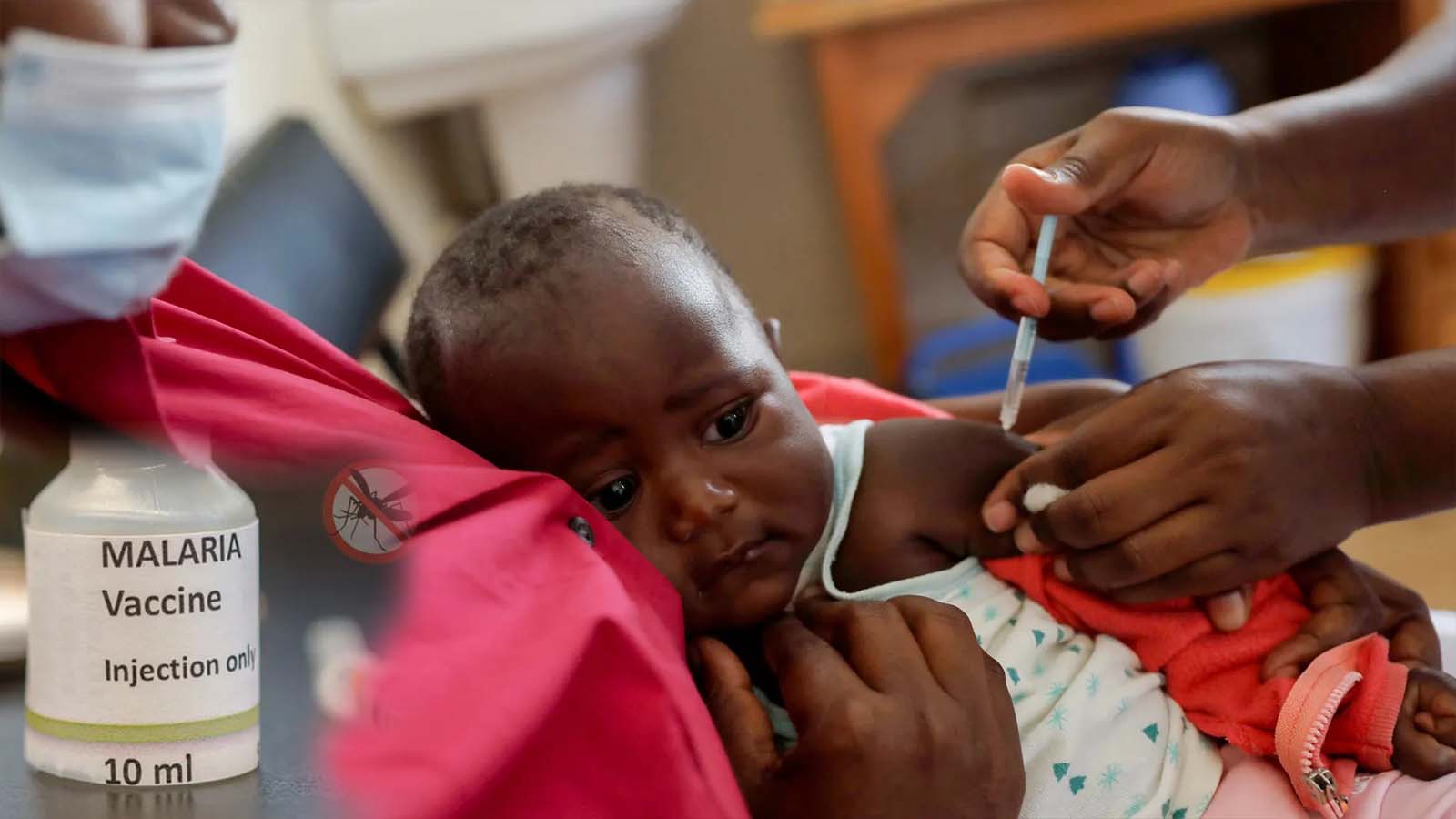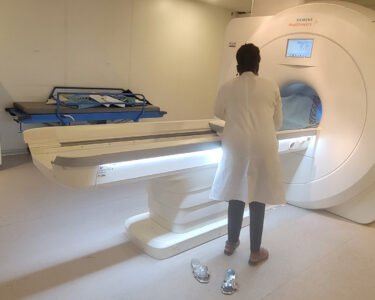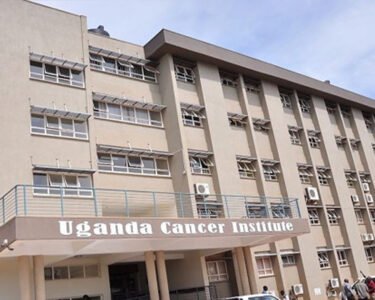Uganda has officially launched the inclusion of the malaria vaccine into its routine immunization schedule, marking a significant milestone in the country’s ongoing fight against malaria. The announcement was made by the Minister of Health, Dr. Jane Ruth Aceng, during a press briefing held at the Uganda media centre Kampala.
Dr. Aceng emphasized that the introduction of the malaria vaccine is a game-changing moment in Uganda’s public health landscape, as malaria remains the leading cause of morbidity and mortality, particularly among children under five years of age.
She highlighted that “the vaccine, known as RTS,S/AS01 (commonly referred to as Mosquirix), has undergone rigorous trials and has proven to be both safe and effective in reducing severe malaria cases.”
The Urgent Need for the Malaria Vaccine
Uganda remains one of the countries most heavily burdened by malaria, with thousands of cases reported each year. According to statistics from the Ministry of Health, malaria accounts for approximately 30% of outpatient visits and 20% of hospital admissions nationwide. Despite efforts to curb the disease through the distribution of insecticide-treated mosquito nets, indoor residual spraying, and prompt treatment using artemisinin-based combination therapy, malaria continues to claim many lives, particularly among vulnerable populations.
“The inclusion of the malaria vaccine in the routine immunization schedule reinforces Uganda’s commitment to fighting this deadly disease and protecting the health of our children,” Dr. Aceng stated. “We encourage parents and guardians to bring their children for vaccination to ensure they receive full protection.”
Vaccine Administration and Rollout Plan
The vaccine will be administered to children in four doses, starting at six months of age, followed by subsequent doses at seven months, nine months, and a final booster at 24 months. The rollout will be implemented in phases, beginning with high-burden districts before nationwide expansion.
Dr. Aceng reassured the public that the Ministry of Health has made all necessary preparations to ensure an efficient and widespread rollout. “We have trained healthcare workers, procured enough vaccines, and strengthened our cold chain storage facilities to maintain vaccine efficacy,” she said. “Our goal is to ensure that every eligible child in Uganda benefits from this life-saving intervention.”
Call to Action and Public Awareness
Minister Achieng highlighted the Ministry of Health’s nationwide sensitization campaign to educate communities about the benefits of the malaria vaccine and address any concerns regarding its safety and efficacy. She reassured the public that the vaccine has undergone extensive research and has been endorsed by WHO for widespread use.
“We urge all parents and caregivers to take advantage of this opportunity and ensure their children receive the vaccine at the recommended intervals,” Dr. Aceng appealed. “A healthy child is a nation’s greatest asset, and this vaccine will save countless lives.”
A Milestone in Uganda’s Malaria Control Efforts
The introduction of the malaria vaccine aligns with Uganda’s broader malaria control strategy, which includes vector control measures, improved access to treatment, and community engagement. With malaria remaining a major public health challenge, this vaccine is expected to play a pivotal role in reducing severe illness and deaths among children.
As Uganda embarks on this historic immunization campaign, stakeholders remain optimistic that the malaria vaccine will bring the country closer to achieving its long-term goal of malaria elimination.
For further information, the Ministry of Health urges the public to visit health centers, speak with medical professionals, and follow official communication channels.
Support from International Partners
The launch of the malaria vaccine program in Uganda has been made possible through collaboration with global health organizations such as the World Health Organization (WHO), Gavi, the Vaccine Alliance, and UNICEF. These organizations have provided technical and financial support to facilitate the vaccine’s smooth integration into Uganda’s Expanded Programme on Immunization (EPI).





